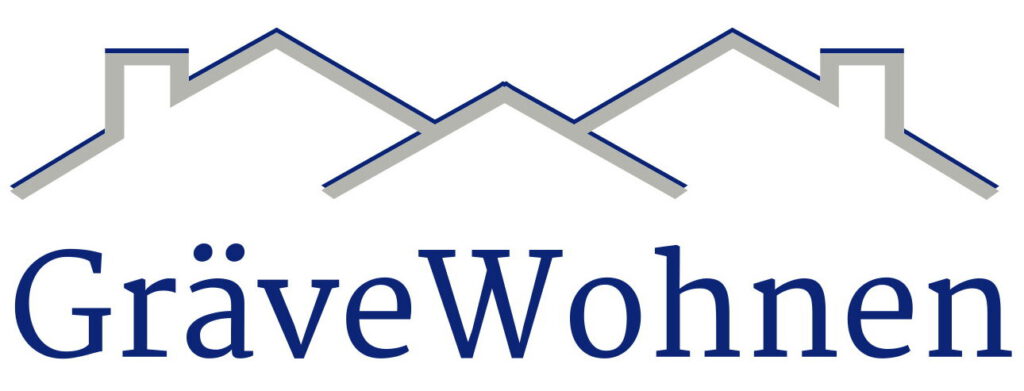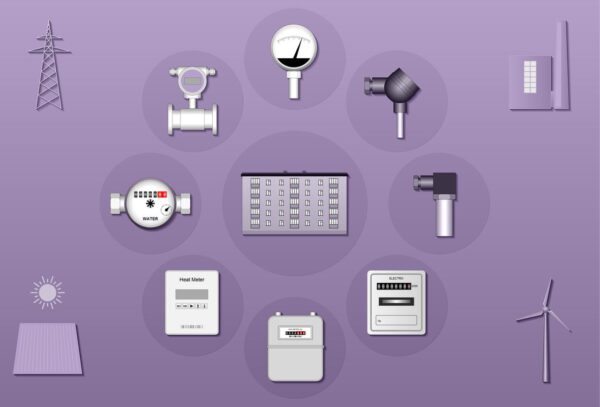Service Charges: What You Need to Know
In addition to the basic rent (known as “cold rent”), tenants also pay monthly service charges. These cover the operating costs and utilities for the property and are reviewed in the annual service charge statement. In this article, you’ll learn what exactly is included in the service charges, how they are billed, and how you can avoid having to make extra payments.
1. What Are Service Charges?
Service charges (also known as operating costs) are all additional costs on top of your base rent. These typically include:
-
Electricity for shared areas in the building
-
Street cleaning and waste collection
-
Sewage and drainage
-
Janitor services
-
Insurance and property taxes
In our shared apartments (WGs), electricity, gas, and hot water are also part of the service charges. These utilities are provided directly by us as the landlord, so you don’t need to sign contracts with utility providers yourself.
Important: You pay these service charges monthly in advance, and they are already included in your total rent.
2. Why Do You Receive a Statement?
Once a year, we prepare a service charge statement. It compares your monthly advance payments to the actual costs that were incurred.
The result may be:
-
Credit → You’ll receive a refund
-
Additional payment → You’ll need to pay the difference
Why? Because some costs, such as energy or waste collection fees, can only be estimated in advance and may vary depending on actual usage.
3. How Are Your Service Charges Determined?
We set the monthly advance payments based on average consumption and past experience. The goal is to avoid large extra payments or refunds.
If you use energy reasonably and avoid waste, there should generally be no major difference between the advance payments and actual charges.
4. Can You Influence Your Service Charges?
Yes! Some parts of the service charges are consumption-based, such as electricity, gas, and hot water. You can actively help reduce these costs through your behavior:
-
Take short, efficient showers instead of long hot ones
-
Use the heating consciously – only as much as needed
-
Practice quick ventilation (shock airing) instead of leaving windows open for too long in winter
-
In shared flats: Agree together on energy-saving habits, since individual consumption is not measured per room
The more energy-conscious you are, the lower your chances of facing a high extra payment.
5. Why Does the Statement Sometimes Take So Long?
Preparing the annual statement is a complex process. Many figures – from utility providers, property managers, or government offices – are often reported to us with delays.
If you move out at an inconvenient time, it may take several months before we can finalize the statement. For this reason, we may retain part of your security deposit until the final calculation is complete, especially if an extra payment is likely.
Conclusion
Service charges are a regular part of your rental agreement. Monthly advance payments help cover the running costs of your home. With mindful energy use, you can keep your expenses in check. The annual service charge statement ensures clarity and transparency about your actual consumption and costs.



